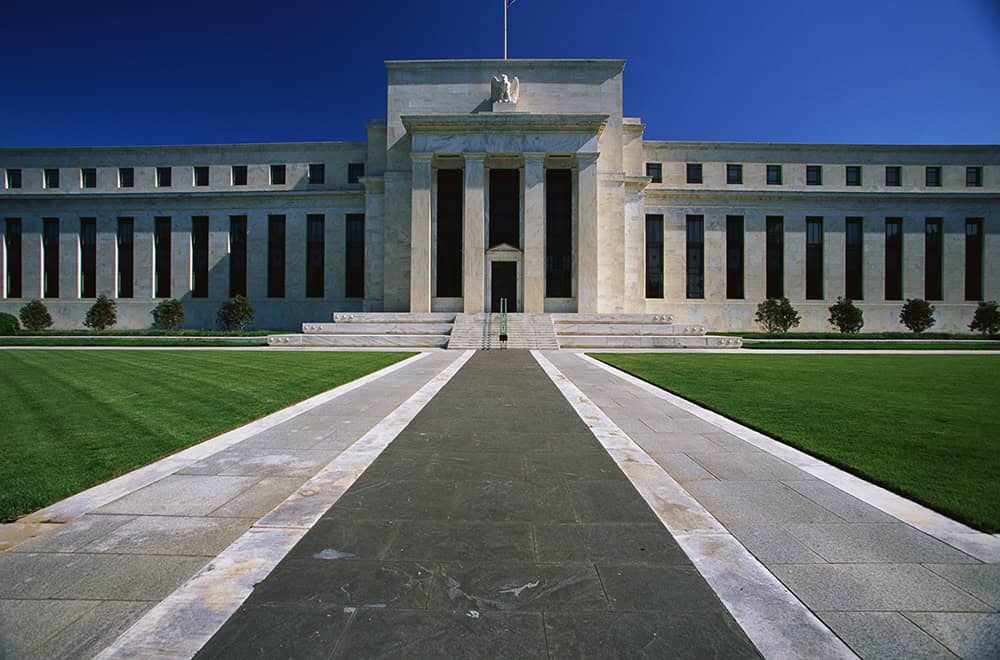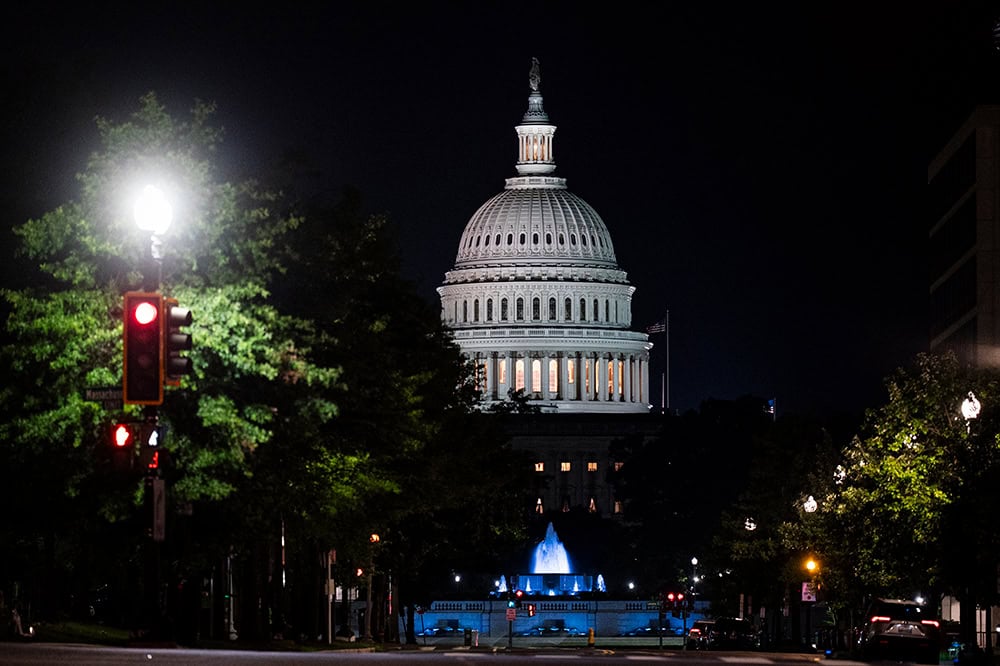Statement on CBO’s Updated Budget and Economic Outlook

NEW YORK — Michael A. Peterson, President and CEO of the Peter G. Peterson Foundation, commented today on the Congressional Budget Office’s Budget and Economic Outlook update:
“Today’s CBO report confirms that the era of declining deficits is over. For the first year since 2009, deficits as a share of GDP are on the rise again. Although deficits have declined from the high levels of the financial crisis, we continue to have a structural mismatch between spending and revenues, and it’s about to get a lot worse.
“The 2016 fiscal year illustrates the fundamental fiscal challenge that we face: entitlement spending and interest costs are growing much faster than revenues. Between 2015 and 2016, CBO projects that revenues will grow by $26 billion, while spending will grow by $178 billion, increasing the deficit by $152 billion. Mandatory programs and interest costs represent the vast majority — 93% — of the spending increase.
“Unfortunately, this is a trend that will only get worse in the coming decades if we don’t address it. As the baby boom generation retires, the debt grows, and interest compounds, our debt and deficits will reach unprecedented and dangerous levels. CBO makes clear that this fiscal outlook hurts our economy, crowding out investment, slowing the growth of productivity and wages, and reducing the flexibility to respond to future crises.
“As the election season continues, our fiscal situation demands attention — because it’s our economic future that’s at stake. The 2016 campaign is a perfect opportunity for a serious conversation between voters and candidates about the many solutions available to put our nation on a more sustainable and prosperous path.”
Read our analysis of the CBO’s updated Budget and Economic Outlook.
Further Reading
How Much Do We Spend on the Federal Workforce?
Here, we examine the federal government’s expenditure on its workforce, the evolution of its size over time, and the opportunities for budget savings.
What Are Interest Costs on the National Debt?
Interest costs are on track to become the largest category of spending in the federal budget.
The One Big Beautiful Bill Act Is the Most Expensive Reconciliation Package in Recent History
The legislative package will be the most expensive reconciliation bill in a quarter of a century and will add trillions of dollars to the U.S. debt.


